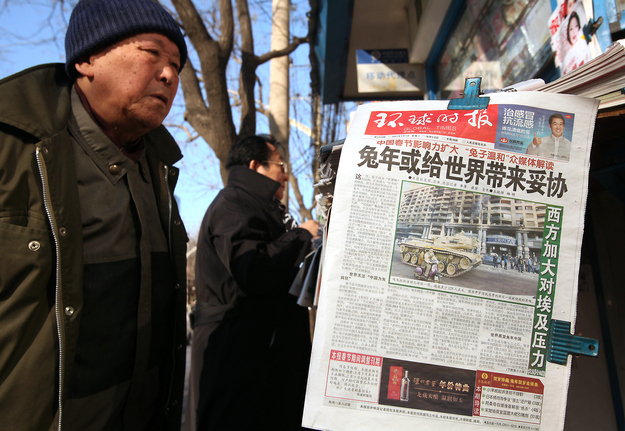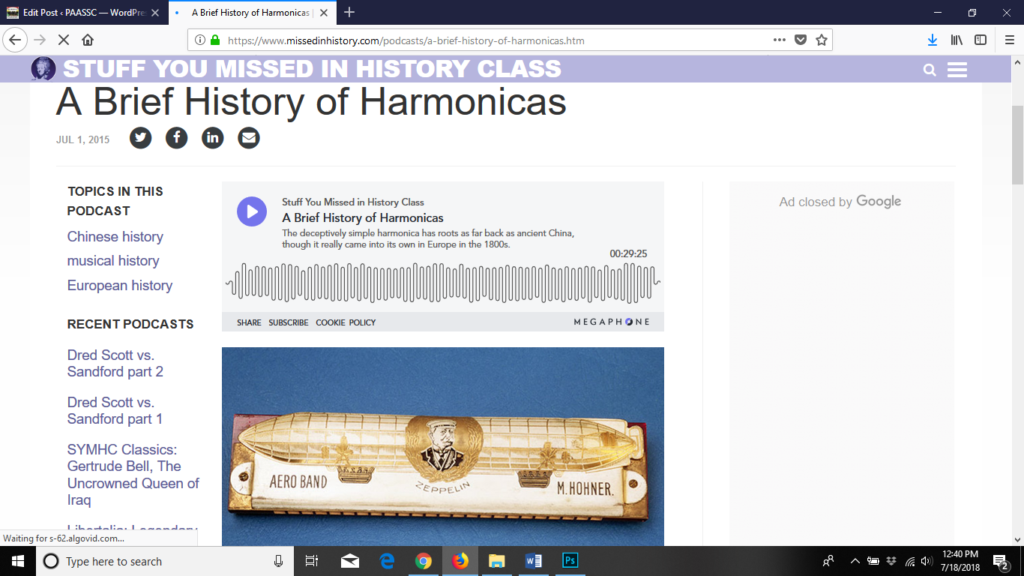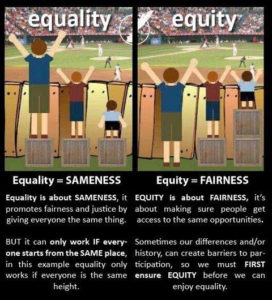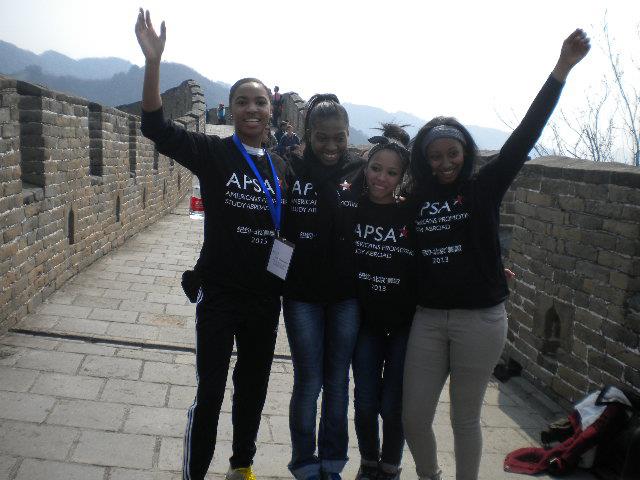 This article is part of a three-part series on finding scholarships in China. For more information, check out Finding the Right Scholarship for China Study and Your Guide to Chinese Government Scholarships.
This article is part of a three-part series on finding scholarships in China. For more information, check out Finding the Right Scholarship for China Study and Your Guide to Chinese Government Scholarships.
by Austin Groves and Francis Miller
Scholarships for study in China can be challenging to find on your own. Each has its own eligibility requirements, deadlines and essay topics. So how do you know a scholarship is worth it?
Here are twenty scholarships that we think are worth the extra effort. The first ten are scholarships that just about anyone can apply for while the rest have a more specialized focus.
If you want to study in China, we want you to know that not only is it possible but there’s money out there for you to do it. Good luck!
(Scholarships are listed in alphabetical order.)
Benjamin A. Gilman International Scholarship Program
Award Amount: Up to $5000; an additional $8000 for critical need language
Deadline: March 2014
The Bureau of Educational and Cultural Affairs at the U.S. Department of State support students who enroll in a study or credit-bearing internship abroad. Applicants must be U.S. citizens and the recipient of a Federal Pell Grant.
Blakemore Freeman Fellowship Language Grants
Award Amount: Full program tuition
Deadline: December 31, 2013
The Blakemore Foundation awards fellowships to individuals who spend a year abroad in a full-time intensive language program. Tuition is provided for the Inter-University Program for Chinese Language Studies at Tsinghua University or the International Chinese Language Program at National Taiwan University. Applicants must be U.S. citizens with an undergraduate degree and have an advanced command of the target language.
Boren Scholarship for International Study
Award Amount: $8000/summer; $10,000/semester; $20,000/academic year
Deadline: February 5, 2014; check with your university’s Boren campus representative
The National Security Education Program funds students to acquire language skills and academic credit in programs and areas that are of critical importance to national security and sustainable development. All applicants must be U.S. citizens enrolled in an undergraduate degree-granting program at a U.S. university and be able and willing to fulfill the NSEP service requirement. A separate competition is available for graduate students.
Chinese Government Scholarships
Award Amount: Full program tuition, room and board, medical expenses, monthly living stipend
Deadline: April 2013
Chinese government scholarships provide an opportunity for students to pursue an undergraduate degree, graduate degree or language acquisition at a Chinese university. These scholarships are merit-based and include tuition, housing and even a monthly living stipend. Programs usually last two or more years, although you do not need to participate in a degree-granting program. The Chinese Scholarship Council oversees many Chinese government scholarships.
Confucius Institute (Hanban) Scholarships
Award Amount: Full program tuition, room and board, basic health insurance, monthly living stipend
Deadline: Varies
The ”Confucius Institute Scholarship” program seeks to promote Chinese language and culture and cultivate qualified Chinese language teachers. This program provides financial aid for students, scholars and Chinese language teachers worldwide to get a master’s degree in Teaching Chinese to Speakers of Other Languages in Chinese universities. This program is also geared toward students interested in majors like Chinese Language and Literature, Chinese History and Chinese Philosophy.
Critical Language Scholarship Program
Award Amount: Full program tuition, room and board, overseas health benefits, travel expenses, visa fee, cultural activities
Deadline: November 15, 2013
The U.S. Department of State sponsors summer institutes all over the world to provide intensive language training. Chinese programs in Chengdu, Qingdao, Suzhou, and Xiamen offer full-time intensive language instruction and cultural activities. Applicants must be U.S. citizens enrolled in an undergraduate or graduate degree granting program at an American university.
Foreign Language and Area Studies Fellowship Program (FLAS)
Award Amount: $7500/summer; $15,000/academic year
Deadline: Varies
The International Education Program Service of the U.S. Department of Education provides grants to universities to support students for either domestic or international language acquisition. Applicants must explain how a FLAS will help them in their future studies or career. Applicants must be U.S. Citizens and apply through a university that has received an allocation of grant money. A separate competition is available for graduate students.
Freeman Awards for Study in Asia
Award Amount: $3000/summer; $5000/semester; $7000/academic year
Deadline: Not available until 2014
The Institute of International Education of the U.S. Department of State oversees students to participate in a credit-awarding study abroad program in Asia. Applicants must be U.S. citizens or permanent residents enrolled in an undergraduate degree-granting program with demonstrated financial need and have little or no experience in the target Asian region. Participants must complete a service project sharing their experiences upon their return.
Luce Scholars Program
Award Amount: Full program tuition
Deadline: November 1, 2013
The Henry Luce Foundation provides stipends, language training and individualized professional placement in Asia to 15-18 Luce Scholars each year. College seniors, graduate students and young professionals who have had limited exposure to Asia are welcome to apply.
The Fulbright U.S. Student Program
Award Amount: Varies
Deadline: October 15, 2013
The U.S. Department of State funds candidates who design projects lasting for 10 months beginning in early September 2014 or early March 2015. Applicants must be U.S. citizens and possess a bachelor’s degree before the beginning of the grant. Candidates should not have spent considerable time in their project region. Applicants can add three to six months of intensive language study to their grant by applying for the Critical Language Enhancement Award.
Americans Promoting Study Abroad
Award Amount: Full program tuition, room and board, travel expenses, visa fee, cultural activities
Deadline: 2014 date not announced yet
High school students with prior Chinese language learning experience are encouraged to apply to this four to six week summer program in Beijing. This trip will include intensive Chinese language study, as well as exposure to Chinese culture and society. The program will also include field trips to cultural sites, participation in a community service project, and exposure to a range of international careers in business, government and other areas.
Foundation for Global Scholars General Scholarships
Award Amount:$1000 – $2500
Deadline: Spring programs: November 22, 2014; summer: April 11, 2014; fall: June 27, 2014
The Foundation for Global Scholars supports the development of future global leaders with over 200 scholarships. Dedicated funding is available for students underrepresented in overseas programs, including students with ethnically diverse backgrounds and disabilities, science/technology/engineering/math (STEM) majors and students from the Rocky Mountain region in the U.S. Applicants must be able to transfer credit from the study abroad program toward their degree.
2013 James Bradley Peace Foundation to China
Award Amount: Full program tuition, room and board, travel expenses, visa fee, cultural activities
Deadline: January 15, 2014
The James Bradley Peace Foundation Scholarship, provides academic year scholarships to China and Vietnam. Open to all U.S. high school students, but students attending specific high schools will have selection priority. Students must have a minimum 3.0 GPA. Only U.S. citizens may apply.
National Security Language Initiative For Youth (NSLI-Y)
Award Amount: Full program tuition, room/board, insurance, travel expenses, cultural activities
Deadline: November 5
The Bureau of Educational and Cultural Affairs of the U.S. Department of State provides summer and yearlong language learning programs in critical-need regions. Participants will engage in rigorous language training and have the opportunity to participate in cultural immersion activities. Applicants must be U.S. high school students in good academic standing and may not be a dependent of an employee of the U.S. Department of State.
New England—China Scholarship Program
Award Amount: Full program tuition
Deadline: Rolling
The New England—China Scholarship Program provides the opportunity for New England public and private university students and graduates to attend a Chinese institution of higher education. The scholarship covers tuition and fees and is available to undergraduate- and graduate-level students. Individual scholarships will have a duration of up to one year and are renewable upon review. Students must first register on the program website, apply to an eligible university and then apply for the scholarship.
The Academy Scholars Program and The Academy Graduate Fellows Program
Award Amount: Varies significantly
Deadline: October 1
Harvard University’s Weatherhead Center for International Affairs provides stipends to pre-doctoral and post-doctoral fellows to conduct research in non-Western areas of the world. This program is very competitive, accepting only 1-2% of applicants. Anyone may apply as long as they are within three years of completing a Ph.D. program or have already received their Ph.D.
The Fund for Education Abroad General Scholarships
Award Amount: Up to $10,000/academic year
Deadline: Applications open in November 2013
The Fund for Education Abroad (FEA) is committed to increasing the opportunities for students to participate in rigorous study abroad programs. Applicants must be U.S. citizens enrolled at undergraduate programs in the U.S. and be committed to supporting education abroad through work with FEA after completion of the program. Special consideration will be given to students who are pursuing a foreign language, studying in a non-traditional study abroad location or are from an underrepresented group.
The Soros Fellowship for New Americans
Award Amount: Up to $45,000/academic year for up to two years
Deadline: November 8, 2013
Applicants must have a bachelor’s degree or be a college senior in good standing. Applicants must be naturalized citizens, permanent residents or children of naturalized U.S. citizens and accepted to a graduate institution in the United States. This fellowship is to be used for graduate studies in the U.S. but international study is encouraged.
Thomas R. Pickering Undergraduate Foreign Affairs Fellowship
Award Amount: Up to $40,000/academic year
Deadline: Applications open summer 2014
Funded by the U.S. Department of State and administered by the Woodrow Wilson National Fellowship Foundation, this fellowship award supports students who have an interest in joining the Foreign Service. Applicants must be U.S. Citizens in their junior year of undergraduate study or seeking admission to a two-year master’s degree program. Participants must attend a U.S. university degree-granting program but international study is encouraged.
Whitaker International Fellows and Scholars Program
Award Amount: Up to $35,000
Deadline: Varies
The Whitaker International Program sends emerging leaders in U.S. biomedical engineering overseas to undertake a self-designed project that will enhance their careers within the field. The goal of the program is to assist the development of professional leaders who are not only superb scientists, but who also will advance the profession through an international outlook. Special consideration is given to applicants with language capabilities to carry out projects in non-English speaking countries.







 We are clear that Equity and Equality involve very different strategies and that both do not lead to better outcomes for all youth. As indicated in the picture we have to ensure equity before we can address equality.
We are clear that Equity and Equality involve very different strategies and that both do not lead to better outcomes for all youth. As indicated in the picture we have to ensure equity before we can address equality.



